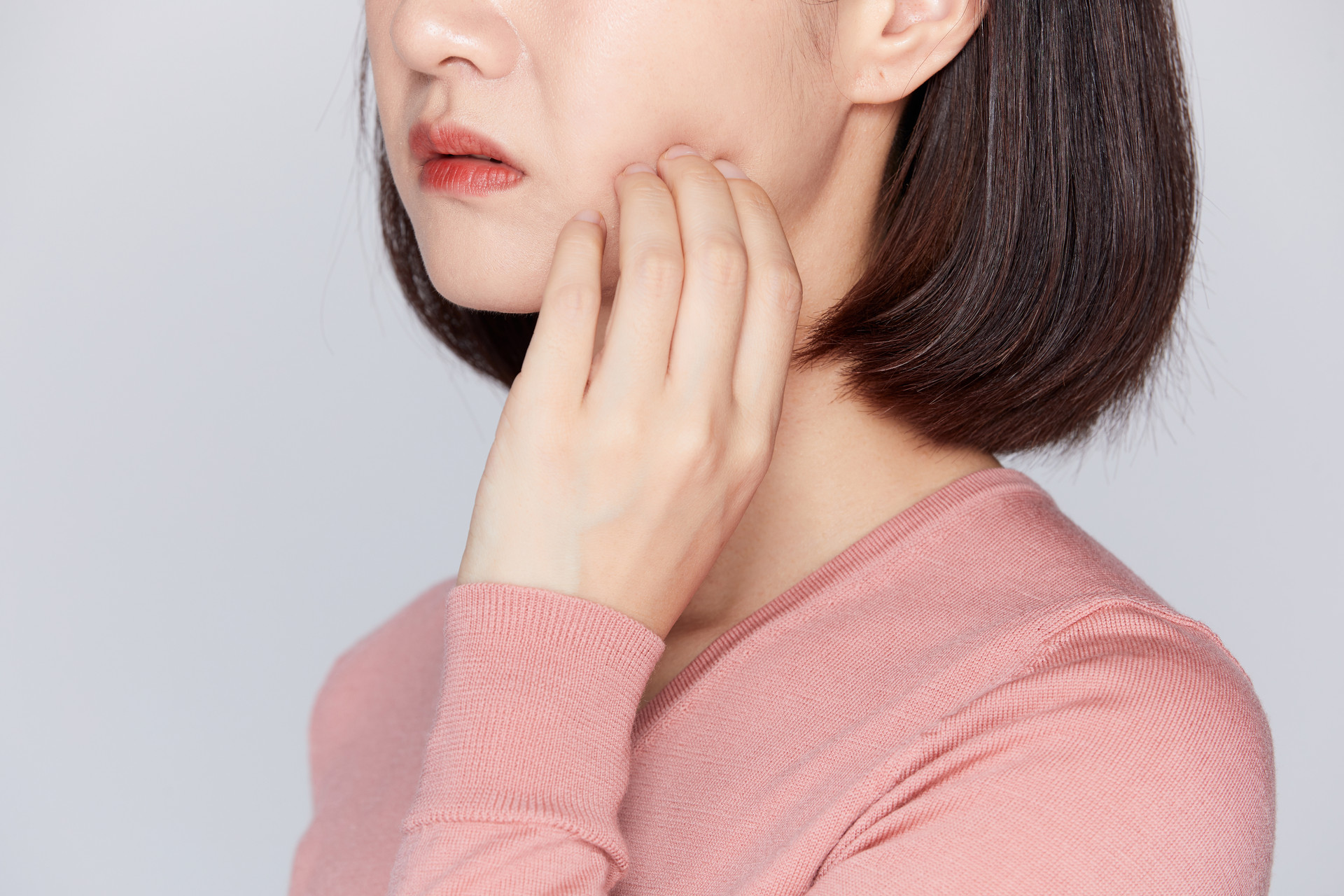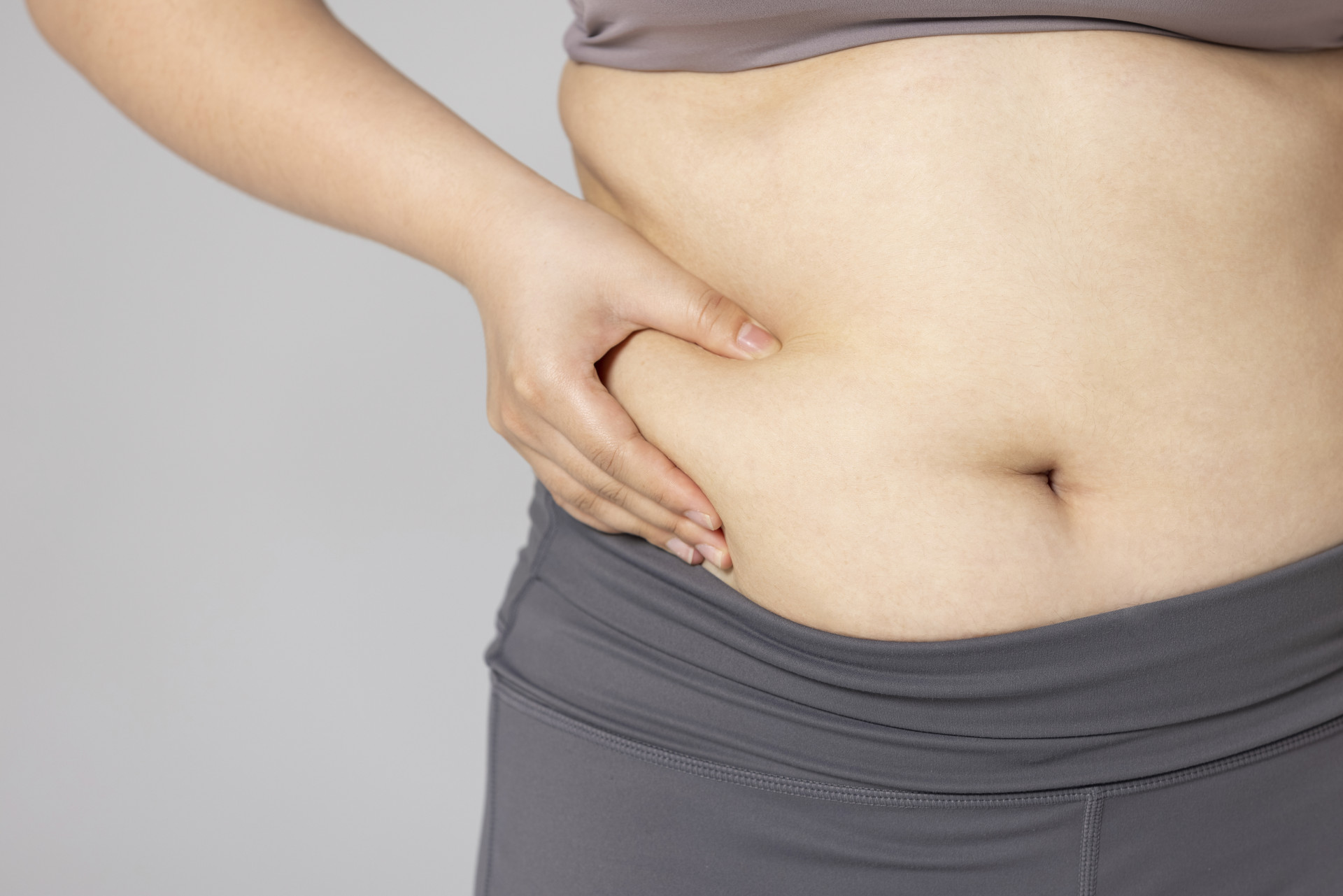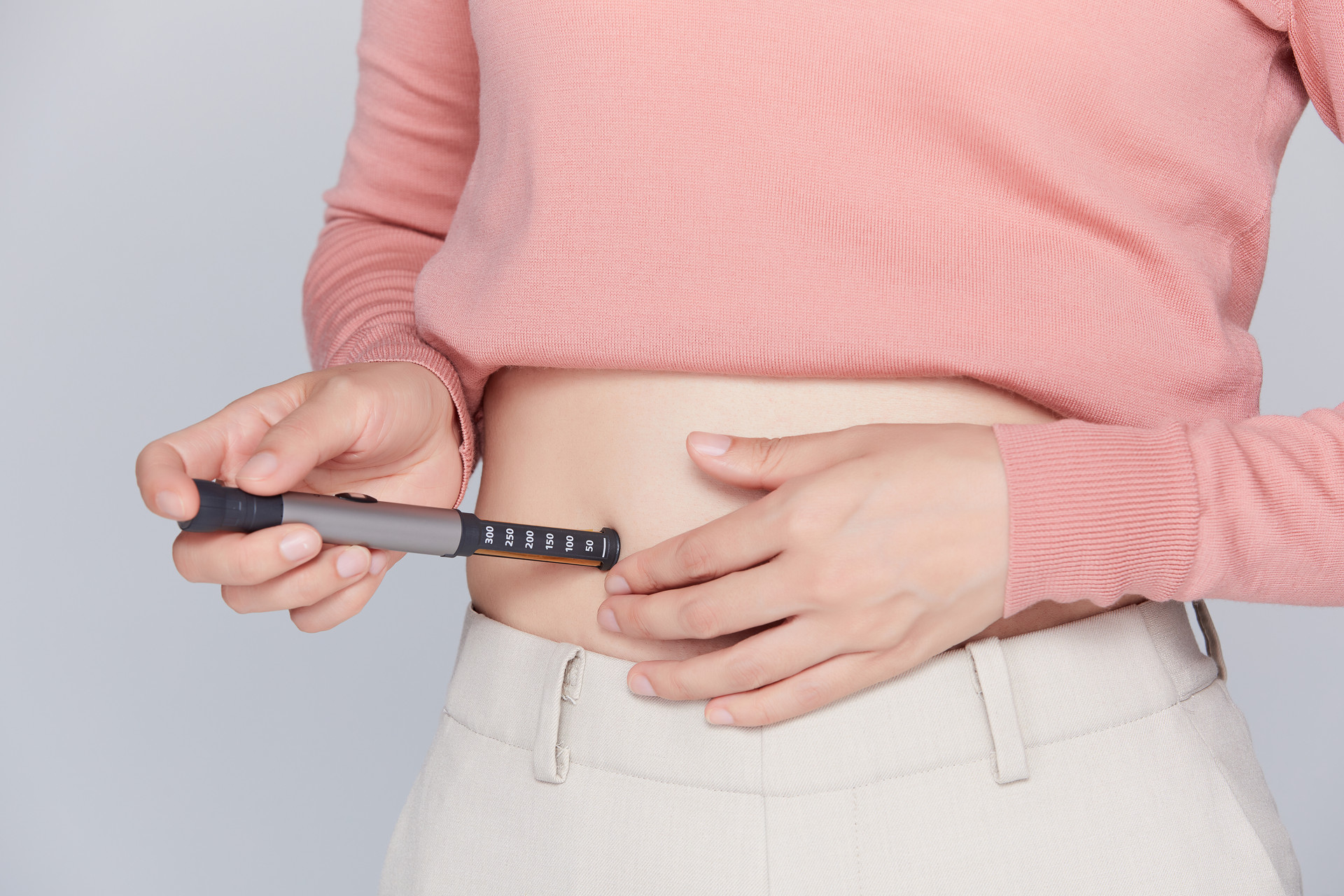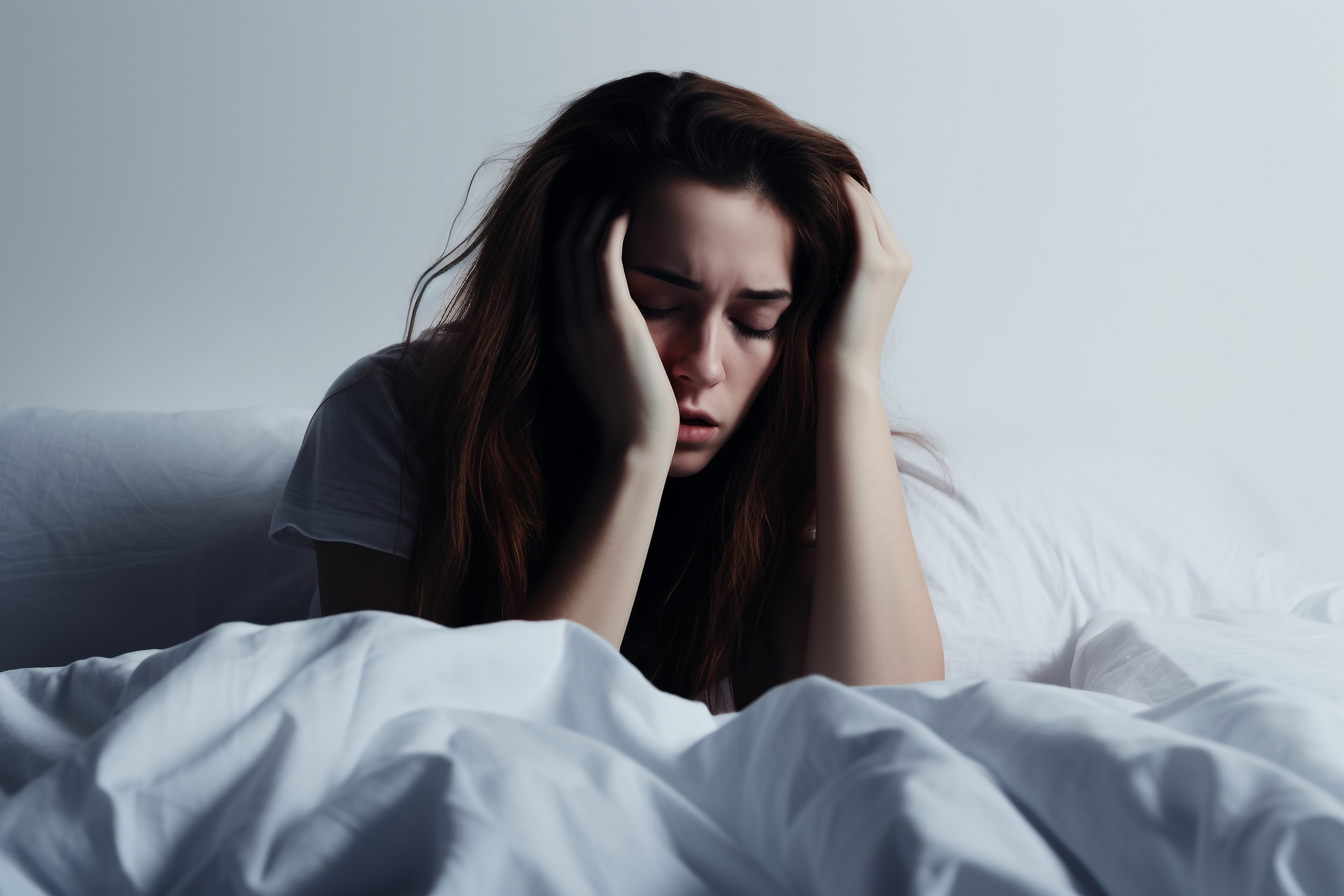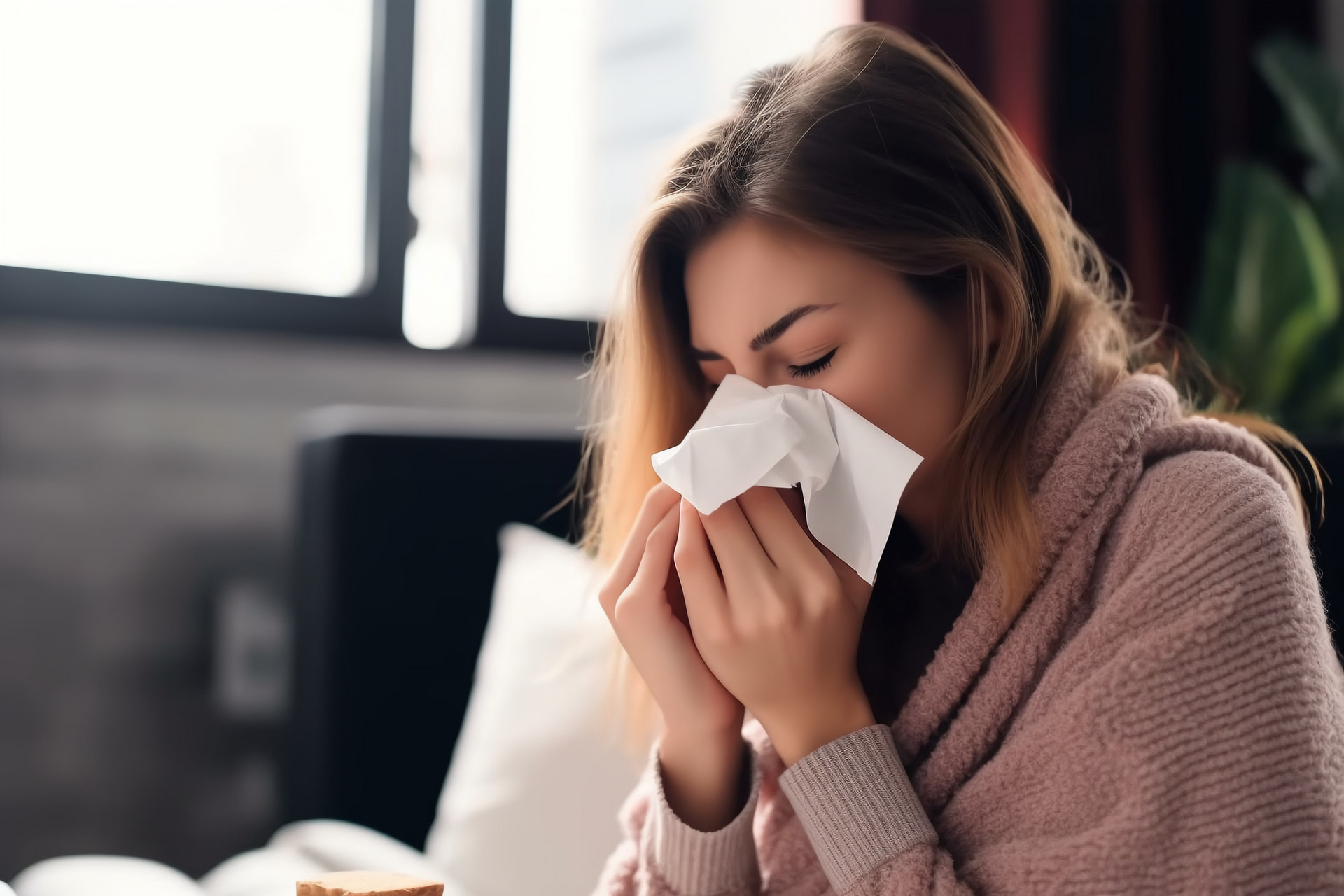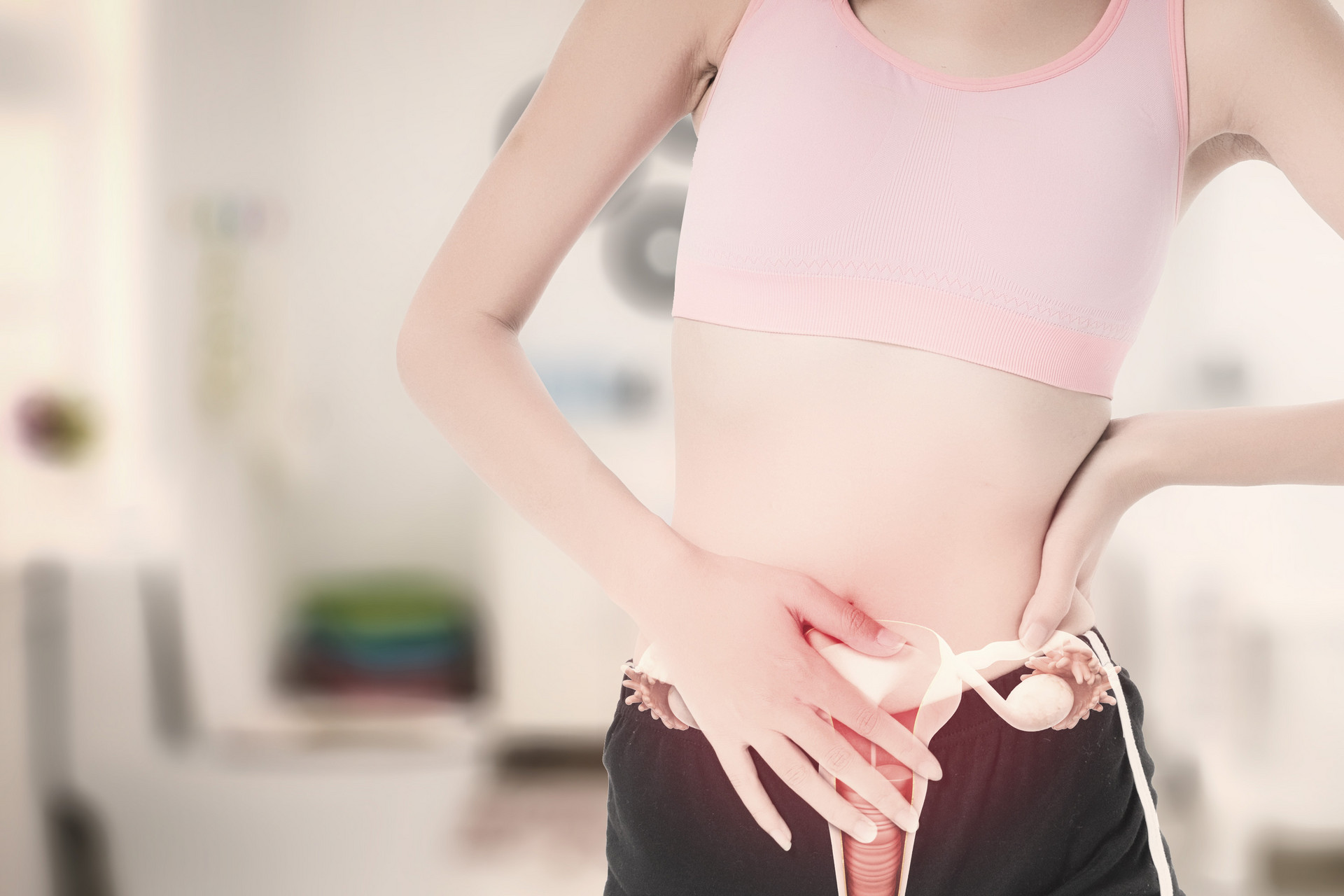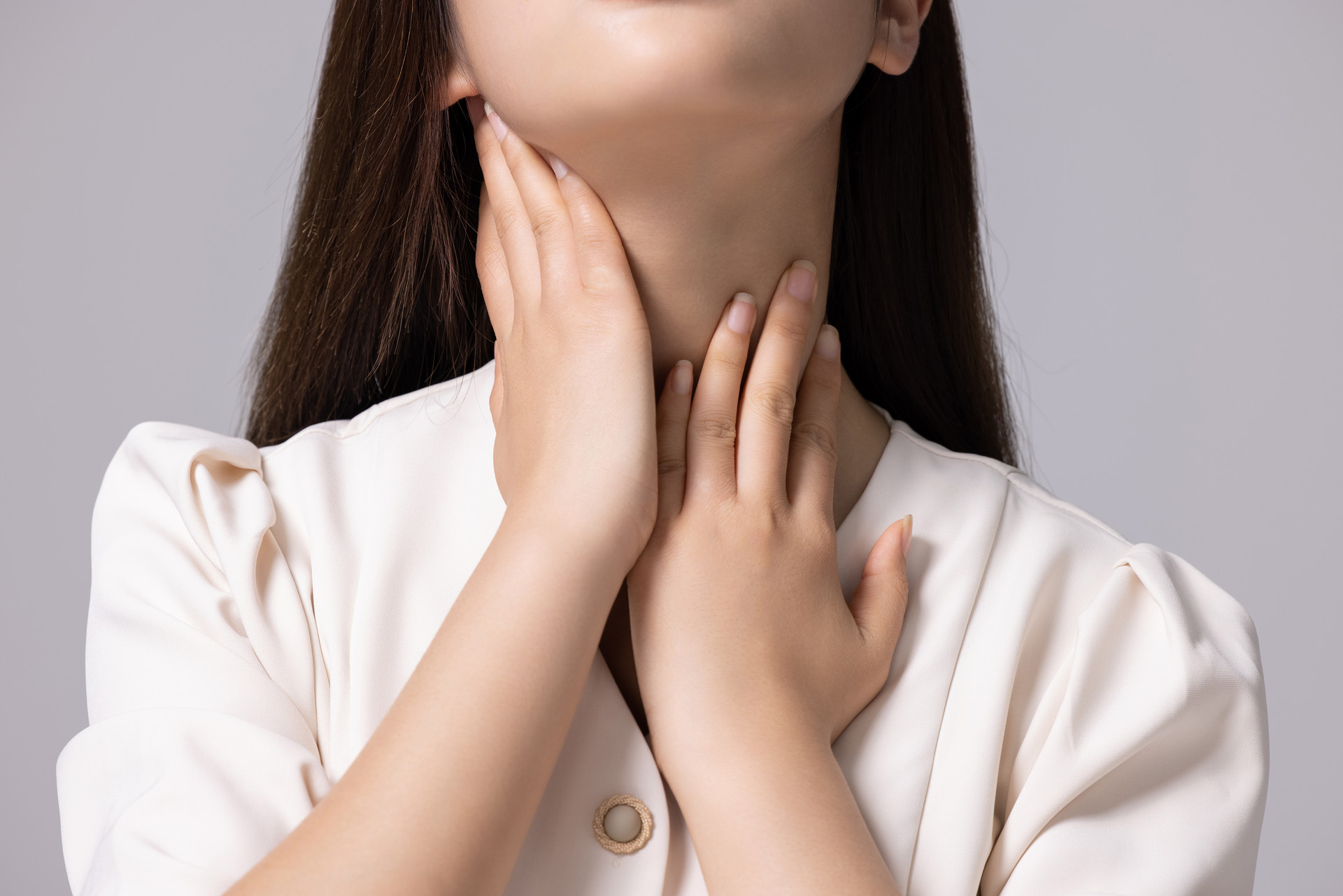Women experience significant physical changes after childbirth, including trauma and bleeding, which can lead to a sudden depletion of qi and blood. In particular, during the first week postpartum, women may experience chills, aversion to cold, low-grade fever, and excessive sweating. At this time, the pores are open and the skin is vulnerable to wind and cold. Additionally, the fatigue from childbirth can lower the body's immune function. If postpartum care is not given enough attention, women may develop issues such as back pain, abdominal pain, and night sweats, commonly known as "postpartum ailments." The two months following childbirth are medically referred to as the "puerperium" period and are crucial for women's health. Failing to properly care for the body during this period can have a significant impact on future well-being and require more effort for treatment and recovery. Therefore, it is important for women to actively prevent and take care of themselves from the beginning of the postpartum period.
Personal hygiene should be emphasized:
The vaginal area is vulnerable to bacterial invasion due to the unrepaired birth canal and residual lochia. Therefore, postpartum women should pay attention to the cleanliness of the perineum, disinfection of sanitary products, and frequent bathing and changing of clothes due to increased sweating.
Maintain appropriate temperature:
The bedroom of postpartum women should have a suitable temperature and good air circulation, while avoiding direct drafts. In addition, the thickness of clothing and blankets should be appropriate to avoid overheating in summer or catching a chill in winter.
Get sufficient rest:
Postpartum women should not engage in excessive physical labor too early, as it may lead to prolonged lochia and uterine prolapse.
Follow a balanced diet:
Postpartum women experience a depletion of qi and blood while also needing to breastfeed. Therefore, it is important to have a diet that is rich and easy to digest, and to avoid consuming raw, cold, or greasy foods to prevent gastrointestinal issues.
Maintain a positive mindset:
Postpartum women should avoid anger or excessive worry to prevent symptoms such as abdominal pain and depression.
Regular check-ups:
Postpartum women should undergo a postpartum health check-up at the hospital six weeks after childbirth. This allows for an assessment of the recovery of the uterus and vagina, as well as prompt detection and treatment of any abnormalities in the breasts or uterus.


